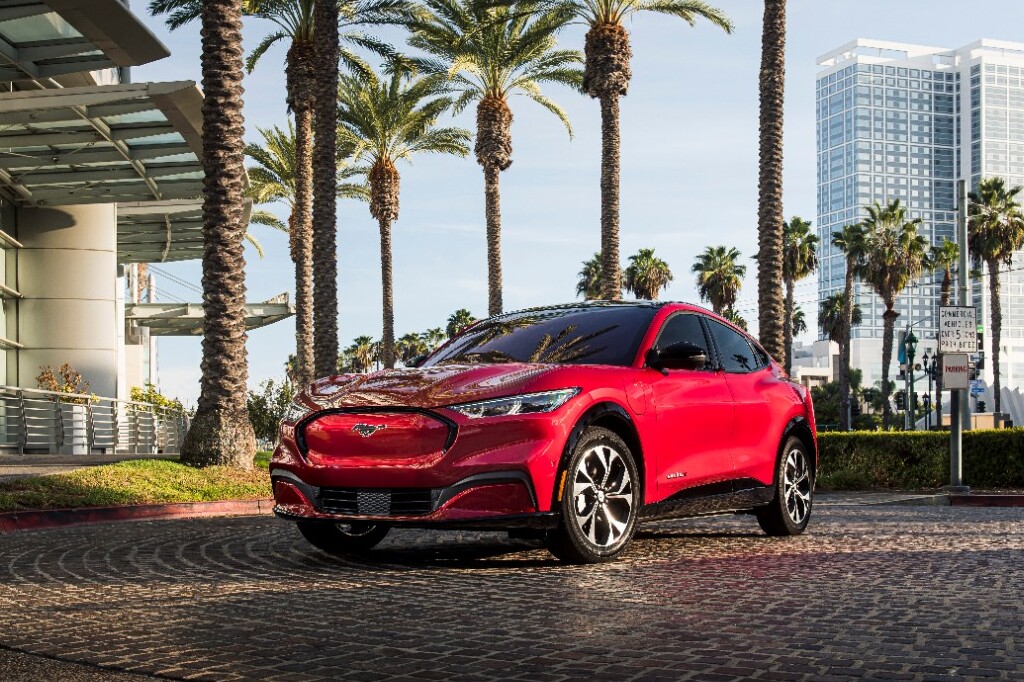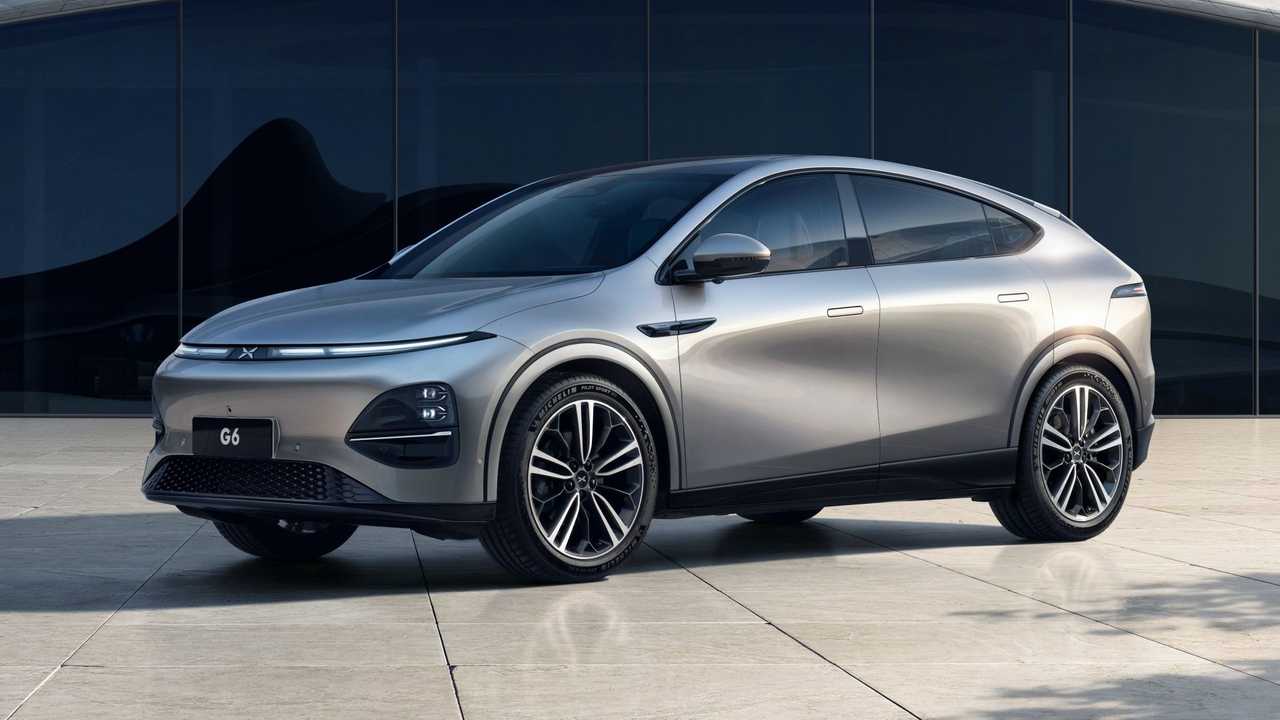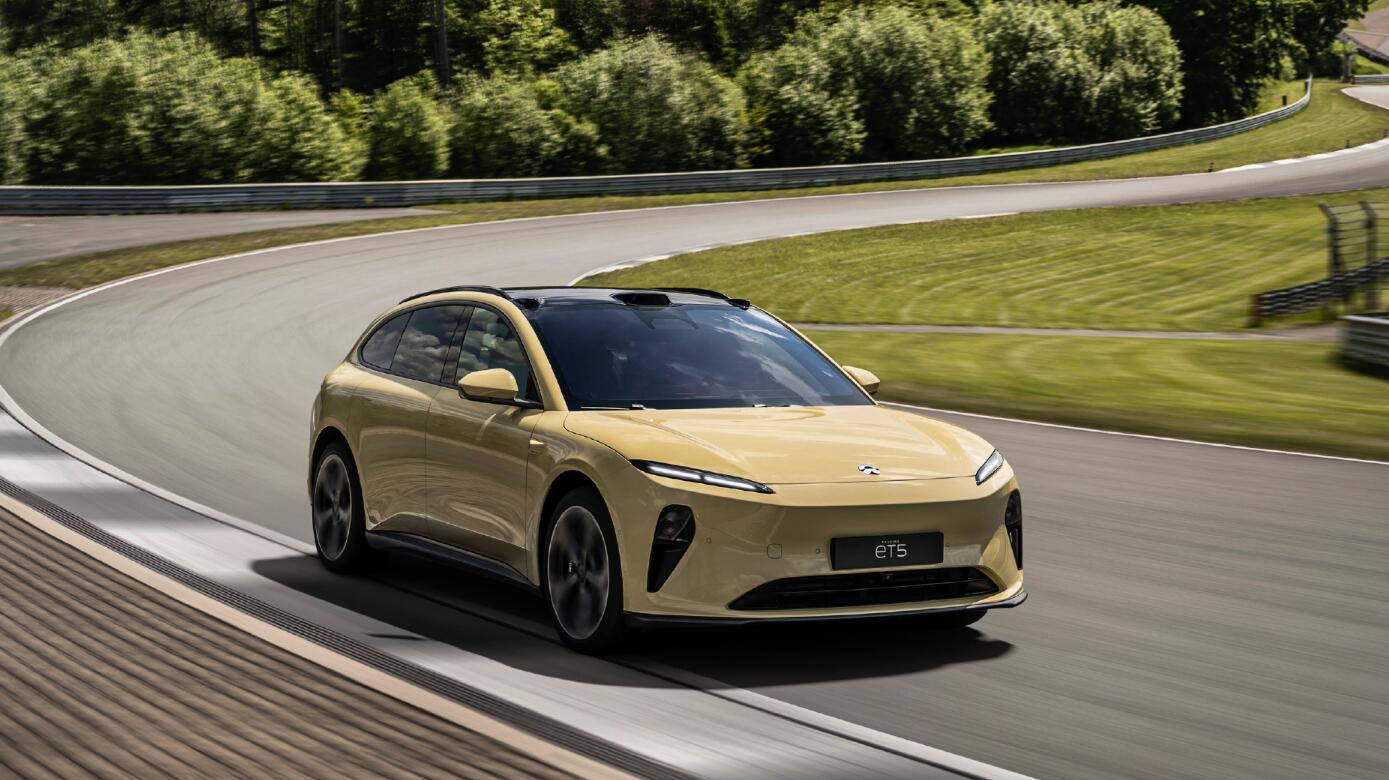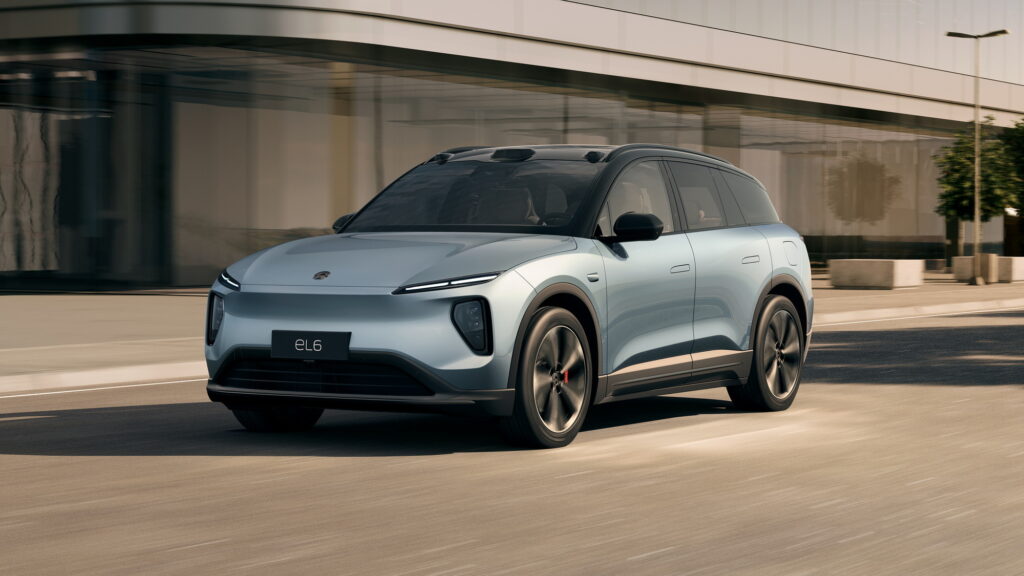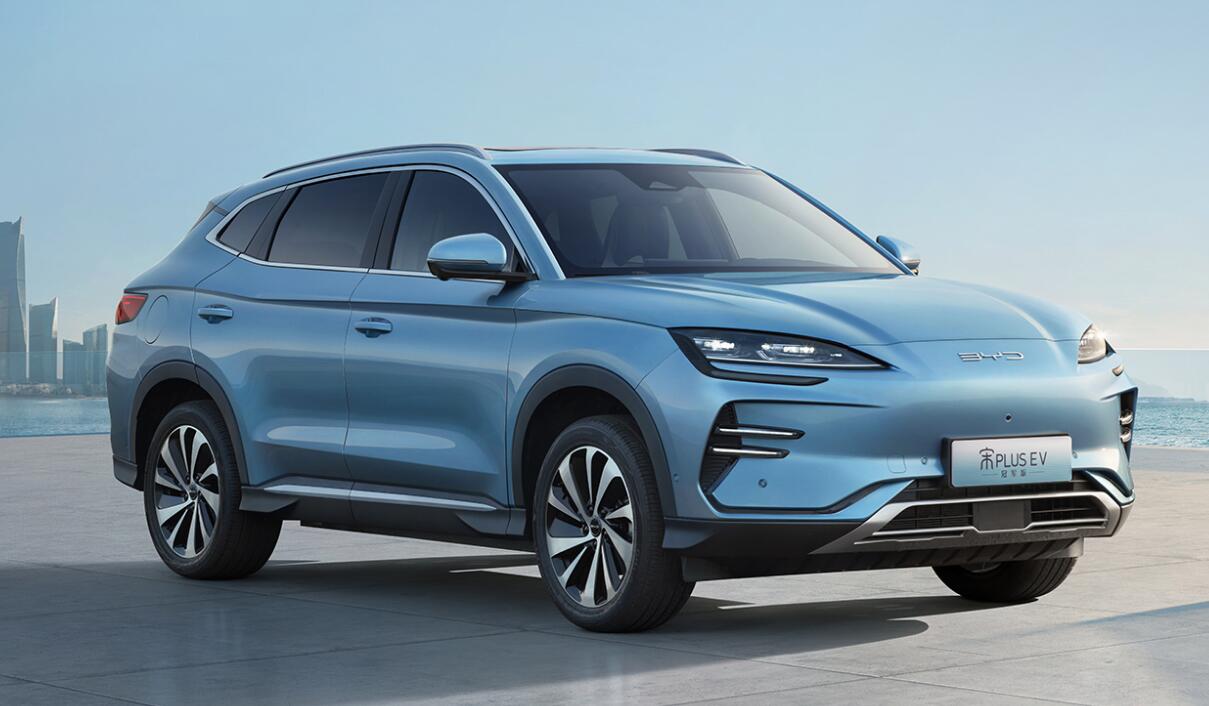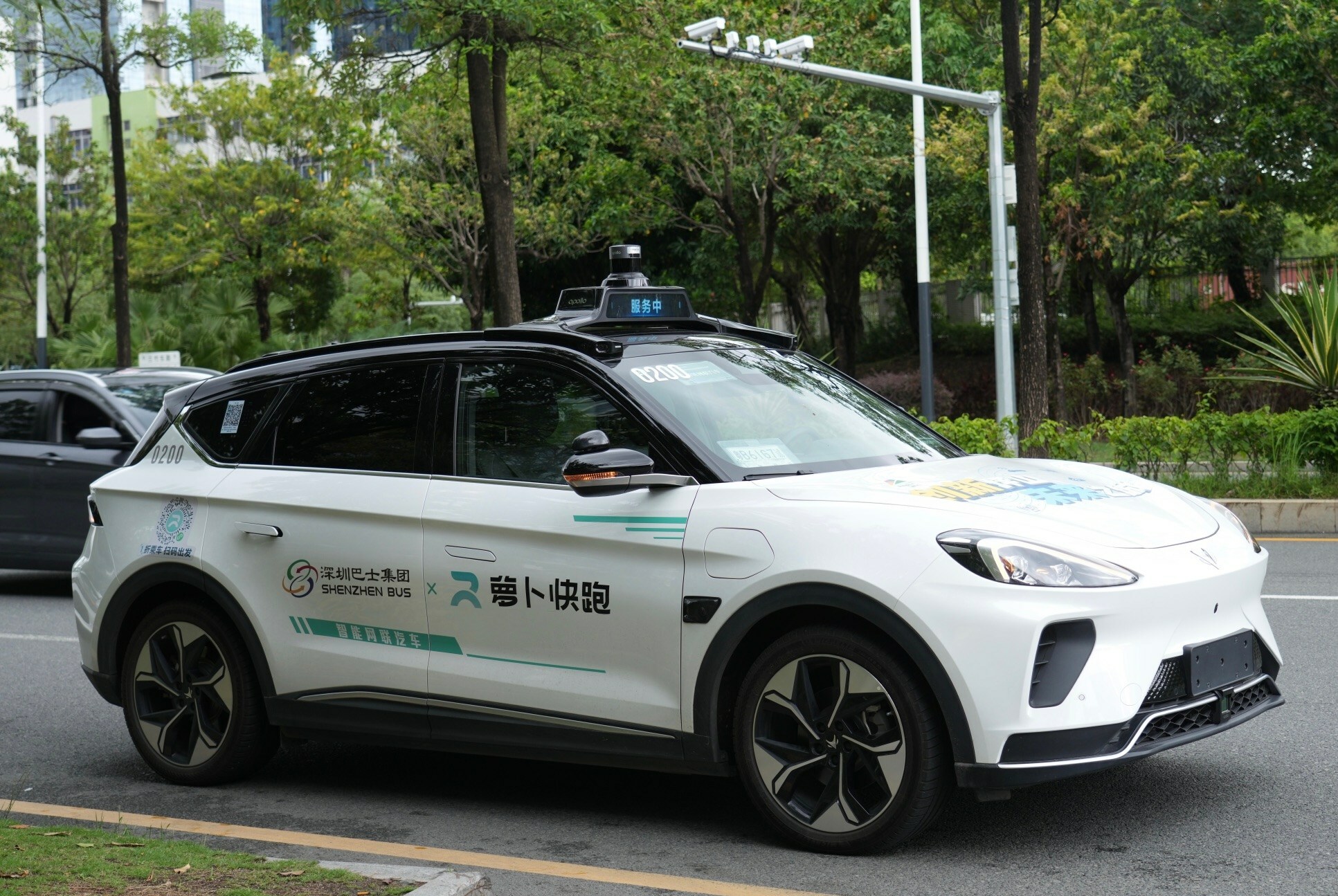In a recent interview on CNN’s “Fareed Zakaria GPS” Sunday program, Ford’s executive chairman, Bill Ford, expressed concerns over the United States’ readiness to compete with China in the realm of electric vehicle (EV) production. Ford acknowledged China’s rapid development and large-scale manufacturing capabilities, emphasizing that they have not only established a strong domestic EV market but are also exporting their vehicles.
While discussing the need for preparation, Ford stated, “They’re not here, but they’ll come here we think, at some point. We need to be ready, and we’re getting ready.” This sentiment aligns with the viewpoint expressed by Ford’s CEO, Jim Farley, in May, who identified Chinese EV manufacturers as the primary competitors in the segment. Farley further emphasized the significance of the Chinese market, asserting that “The Chinese are going to be the powerhouse.”
China currently possesses a well-established EV industry chain that Ford aims to tap into as part of its own electrification transformation efforts. In line with this strategy, Ford announced a substantial investment of $3.5 billion on February 13 to construct a lithium iron phosphate (LFP) battery plant in Marshall, Michigan. Notably, this facility represents the first battery plant in the United States to be fully owned by an automaker. It will facilitate the production of LFP battery solutions for Ford’s EV lineup, utilizing technology provided by the Chinese power battery giant, CATL.
As part of their collaboration, CATL will offer technical and service support for the LFP battery plant’s production, while Ford engineers will focus on cell and vehicle integration. However, while Ford seeks to bolster its efforts in the United States, recent reports suggest that the company may be scaling back its electrification initiatives in China due to underwhelming results.
According to sources, Ford is making organizational changes that will reintegrate the Mustang Mach-E team back into Ford China. The separate entity responsible for running the program is expected to be written off in the future, as sales of the Mustang Mach-E fell below expectations, leading to unsustainable losses for the independent company. Nevertheless, it should be noted that these team reshufflings do not imply a withdrawal of the Mustang Mach-E from the Chinese market. Production of the vehicle will continue through Changan Ford, Ford’s joint venture in China.
In light of China’s remarkable progress in the EV industry, Ford recognizes the urgent need to prepare and adapt to the upcoming competition. With their investment in the battery plant and efforts to tap into China’s expertise, Ford aims to position itself strategically in the evolving landscape of electric vehicle production.

